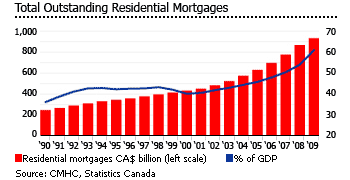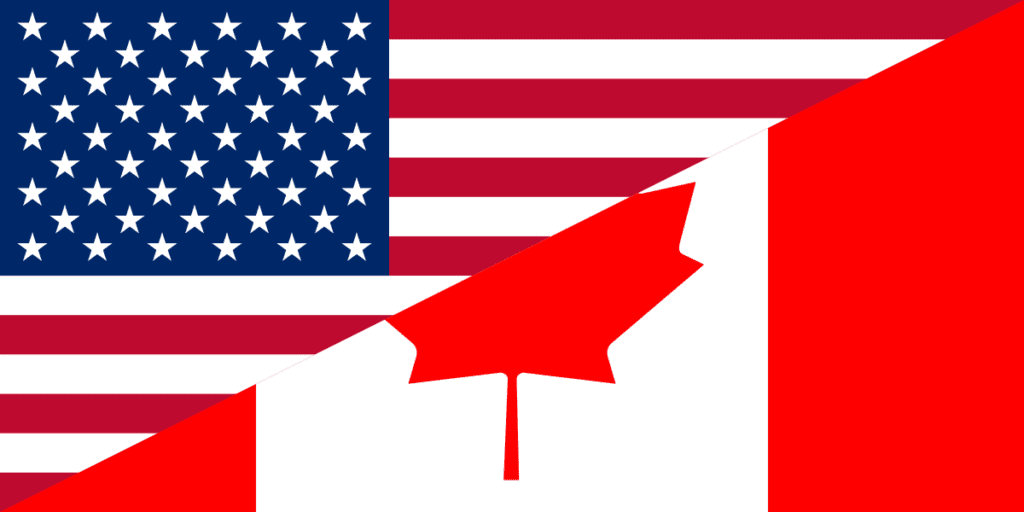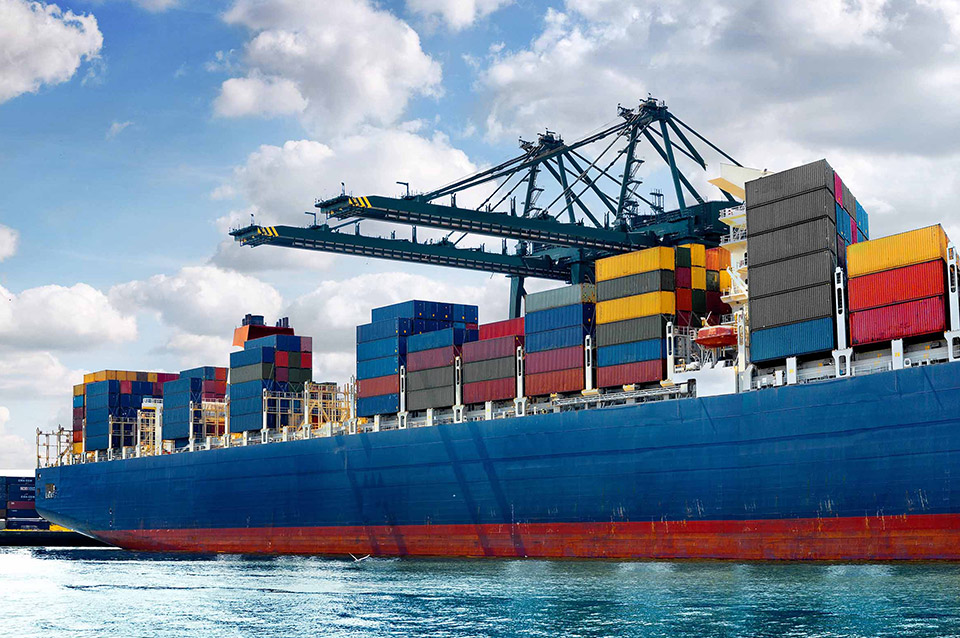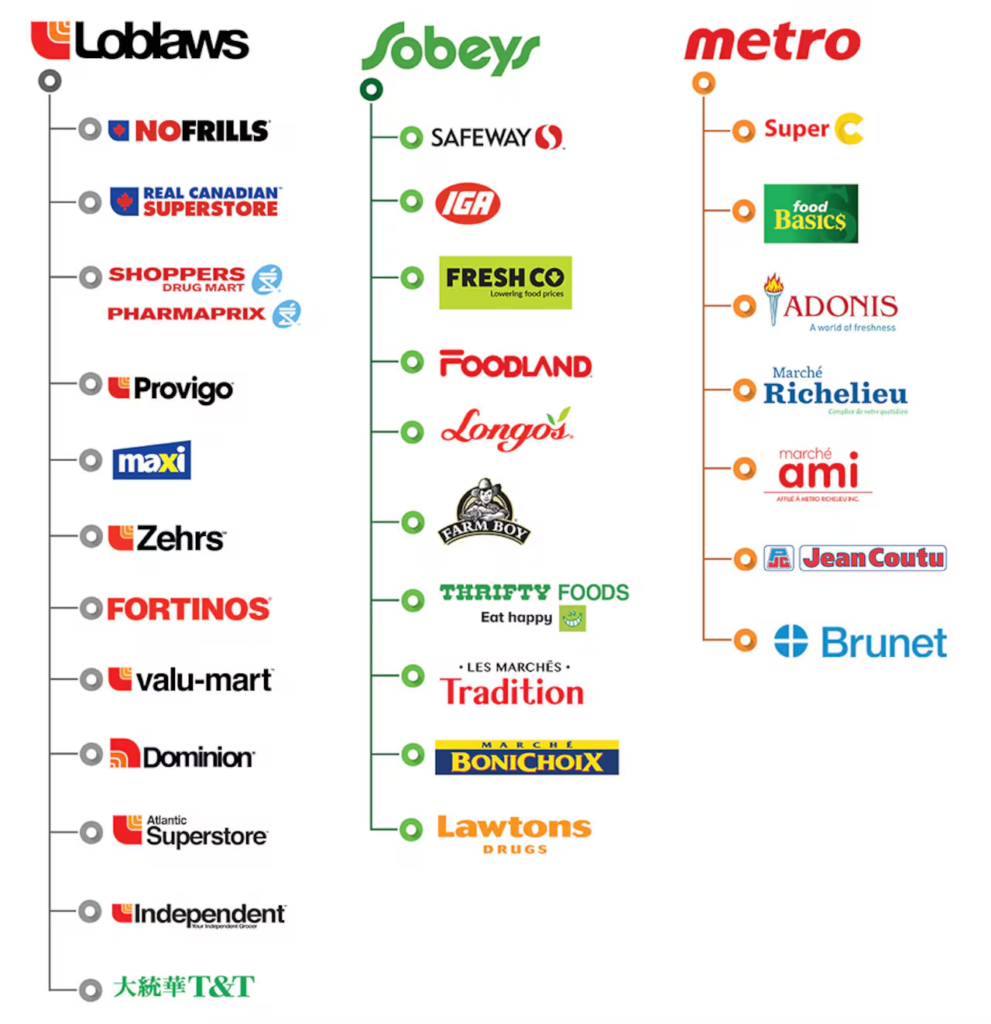A November 29, 2022 Globe and Mail article is representative of a slew of articles appearing recently in the Canadian MSM nibbling around the mass immigration issue now that immigration levels have been raised from disastrous to ludicrous.
Media corporations have continuously pushed for higher levels of immigration over the past 5 decades but in order to remain relevant it appears they now find it necessary to at least acknowledge increasing public dissent.
However mild these comments might be in the context of sustainability, equality, and food and energy security issues, that they are being printed at all is worthy of note. What does this mean in terms of the national conversation and the national welfare?
Globe and Mail Immigration Piece by Matt Lundy
Canada’s ambitious plan to bring in 500,000 immigrants by 2025
Like most of the corporate media, the Globe and Mail has been a mouthpiece for the immigration lobby for decades. It has pushed its agenda of simple growth of the commercial economy through mass immigration at every opportunity citing as justifications everything from “growing the economy” to aging to labour shortages. The Globe even quarterbacks the meetings of the Century Initiative.
Matt Lundy’s Article: Growing Awareness or Deflection?
But, in fact, the Globe did publish an article by Matt Lundy on some of the problems associated with continued high rates of immigration. Although the piece is tentative and narrow, perhaps we should be thankful for small mercies. What did Lundy actually say in his typically well-written and referenced effort?
Some points that Lundy dealt with:
- Housing affordability
- Cheap Labour (immigration plus 1.4 million TFWs)
- Foreign students
- Ageing
- Outflow of Canadians from Cities
- Immigrants experience difficulty – lots of empathy
Points not dealt with:
- CO2 emissions
- Equality levels
- Farmland loss
- Quality of life
- Congestion
- Access to nature
- Renewable energy and food resilience
- Corruption
- National goals
- Canadians experience difficulty – no empathy
- What Canadians want – what Canadians don’t want
The Lundy article is something that might have been appropriate 50 years ago. Climate change, food security, the transition to renewable energy, resource depletion and species extinction were not embedded in the consciousness of most people in that era. Biophysical economics hadn’t even been conceived of. Now, these existential issues are front of mind for many people, yet they are not mentioned in relation to population/immigration by any media source and the Lundy article is no exception.
Growth Government or Good Government
Corrupt government is inevitable without an honest press and a healthy national conversation. Right now, Canadian media corporations are substantially owned and influenced by investment houses/hedge funds. Le Devoir is a notable exception. Consequently, all three levels of Canadian government, municipal, provincial and federal, support endless growth.
Can this be a surprise when developers are the largest donors to winning municipal politicians? The Ontario government is absolutely transparent in its support for developers as it tears up any strategy to protect farmland or transition to renewable energy. Food and energy security are foreign concepts to politicians whose vision doesn’t go beyond the next ribbon-cutting ceremony and favourable op-ed.
Market Building is not Nation Building
50 years of market growth as opposed to nation building has been a disaster for Canadians and the land. Quality of life and equality declines coupled with a quintupling of debt and unaffordable housing on the social side with increases in CO2 emissions and losses of farmland and species on the environmental side. Nation building is not a quick-buck activity, hence the media focus on the size of the commercial market.
How did this rigged system manage to evade the environmental, fiscal and democratic checks and balances which are the foundation of our supposedly democratic system?
So What Do Canadians Want?
This is a question very few politicians ask. However, the town council of Orillia did have the integrity to ask their residents what was important to them. How would Orillians spend their own money on improving life in Orillia?
Hint: they aren’t looking for higher home prices and taxes and more congestion. Email us at info@sustainablesociety.com for the public response.
This poll was followed up by public hearings which were even more pointed in their rejection of growth. Turning Orillia into another Toronto doesn’t appear to appeal to Orillians.
The Ponzi Scheme Too Big to See

Bank mortgage holdings 1982 $32 billion to 2022 $1.8 trillion posted a 60x growth. Yes, this is good business for a very few but it also explains why Canadian debt levels have soared.
Asset inflation is a huge scam that transfers money from low and middle income real wealth producers to non-productive wealth accumulators. Why doesn’t the media cover this scandal?
Canadian Journalists are Incredibly Incurious for a Reason
Why aren’t paving over farmland, people fleeing cities and plummeting equality accompanied by flashing red lights and screaming sirens in the media? Where is the analysis of cause and effect? Why won’t supposed journalists connect the dots?
Post Media with their 130+ newspapers and centralized editorials are run by an American hedge fund. The Globe and Mail and The Torstar network are joined at the hip to developers and banks.
As Warren Buffet put it: “Don’t ask a barber if you need a haircut”.
The function of the media is to facilitate a broad national discussion. This discussion cannot come under the control of vested interests without compromising the welfare of the nation, but this has clearly happened in Canada’s case.
More growth won’t fix the problems that growth created to begin with.
What a Responsible Story on Immigration Would Cover
It should acknowledge national goals, the public interest, the impacts, both social and environmental, and it should also follow the money trail. The operative phrases are “conflict of interest” and “corruption” – these should be appearing in the media daily in place of the growth boilerplate of “labour shortage”, “asset enhancement” and “smart/green growth”.
The media doesn’t have to continuously point out all of the shortcomings of a strategy but they absolutely should point out that there are no goals and no strategy to begin with.
They should re-introduce the concept of a nation being the land and the people seeking a sustainable future back into the national conversation. Is that asking too much?
Recent media coverage of an unhinged immigration policy fall far short of the weight and depth necessary to revive the national conversation and help lead the reversal of Canada’s decline.
Editor’s note: This article was originally published on the Canadians for a Sustainable Society website (sustainablesociety.com). It is republished here with permission of the author.
All content on this website is copyrighted, and cannot be republished or reproduced without permission.
Share this article!




The truth does not fear investigation.
You can help support Dominion Review!
Dominion Review is entirely funded by readers. I am proud to publish hard-hitting columns and in-depth journalism with no paywall, no government grants, and no deference to political correctness and prevailing orthodoxies. If you appreciate this publication and want to help it grow and provide novel and dissenting perspectives to more Canadians, consider subscribing on Patreon for $5/month.
- Riley Donovan, editor